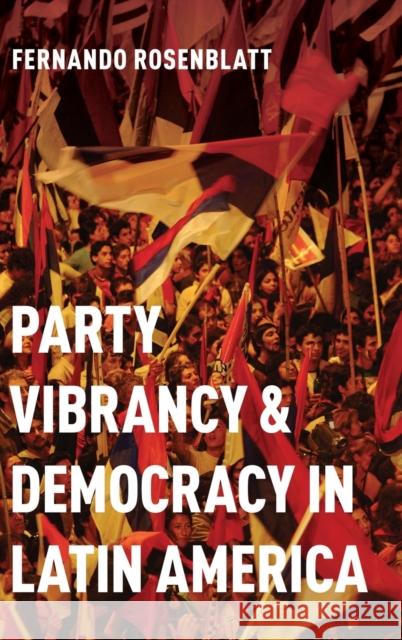Party Vibrancy and Democracy in Latin America » książka
topmenu
Party Vibrancy and Democracy in Latin America
ISBN-13: 9780190870041 / Angielski / Twarda / 2018 / 304 str.
Party Vibrancy and Democracy in Latin America
ISBN-13: 9780190870041 / Angielski / Twarda / 2018 / 304 str.
cena 441,57 zł
(netto: 420,54 VAT: 5%)
Najniższa cena z 30 dni: 402,40 zł
(netto: 420,54 VAT: 5%)
Najniższa cena z 30 dni: 402,40 zł
Termin realizacji zamówienia:
ok. 16-18 dni roboczych.
ok. 16-18 dni roboczych.
Darmowa dostawa!
Kategorie BISAC:
Wydawca:
Oxford University Press, USA
Język:
Angielski
ISBN-13:
9780190870041
Rok wydania:
2018
Ilość stron:
304
Waga:
0.54 kg
Wymiary:
23.62 x 16.0 x 3.05
Oprawa:
Twarda
Wolumenów:
01
Dodatkowe informacje:
Bibliografia











